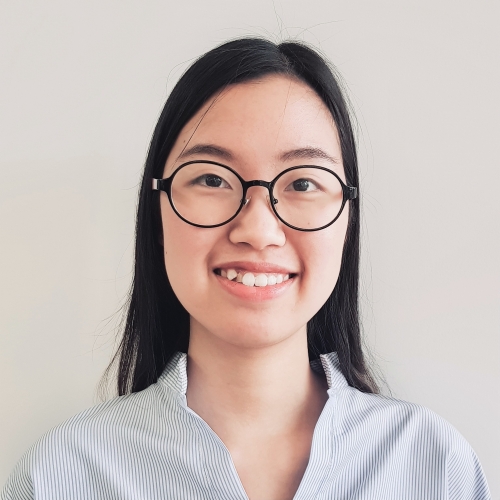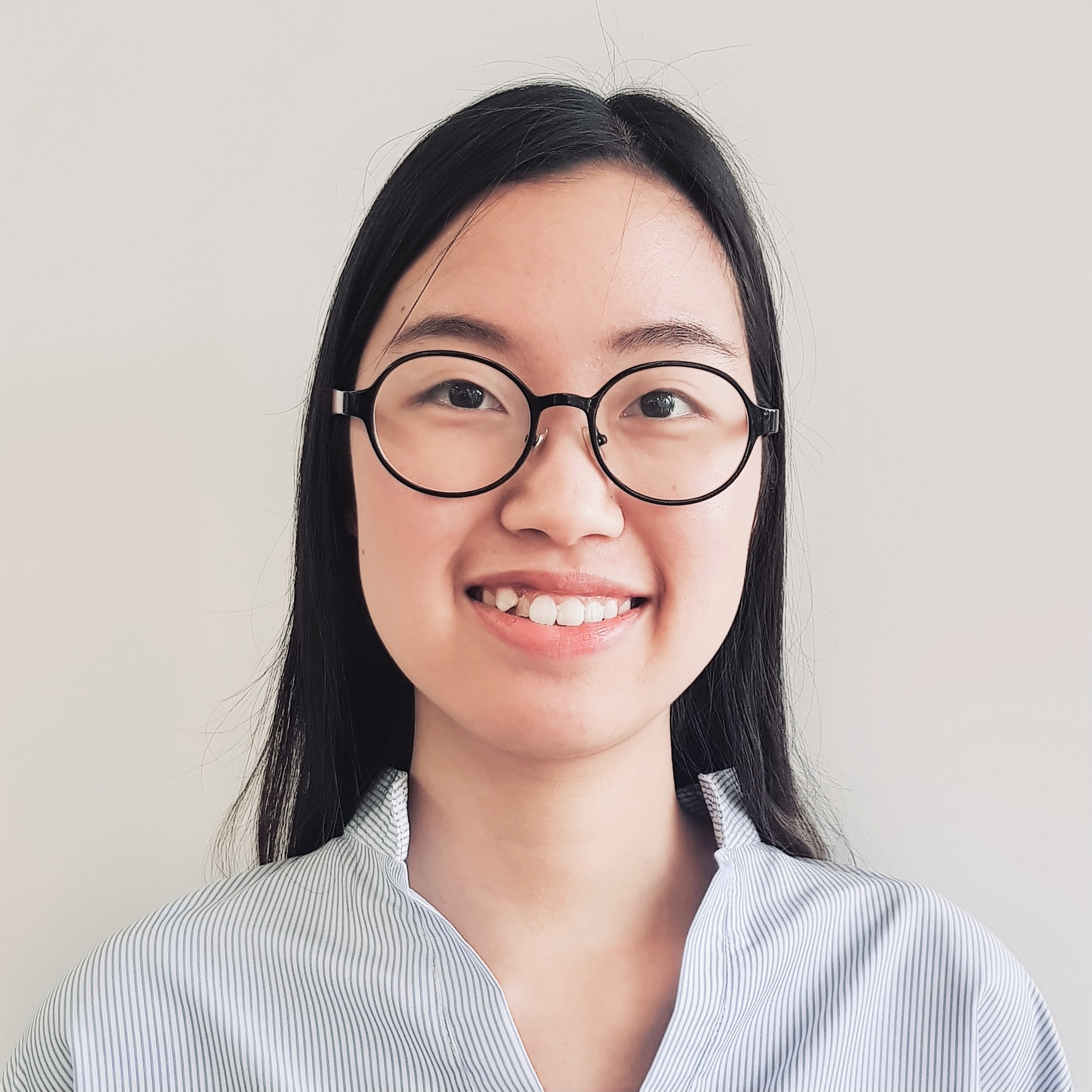
Bao Anh Vu
University of Wollongong
Bao completed her Bachelor’s degree in Mathematics and Finance at the University of Wollongong in 2020 and is about to complete her first year of PhD in Applied Statistics. Her research focuses on exploring the use of new statistical techniques such as particle Markov chain Monte Carlo for estimating unobservable parameters in ice sheet models, with the ultimate goal of improving forecasts of the Antarctic ice sheet’s contribution to sea level rise. Her project is part of an ARC Special Research Initiative named Securing Antarctica’s Environmental Future (SAEF), a collaborative effort between 30 institutions to forecast environmental changes across the Antarctic region. She is very excited to be involved in this research area, since statistical methodologies in glaciology are still in their infancy.
Can you give me a quick overview of the type of mathematics you are studying and its potential impacts for the broader community?
I am applying state-of-the-art statistical methods to calibrate unknown parameters in ice sheet models. Often when modelling the behaviour of an ice sheet (e.g. how the ice thickness evolves in time, how fast the ice is flowing, etc.) we need to take into account parameters such as friction at the base of the ice or bedrock elevations. However, in practice, we either cannot observe the parameter directly (basal friction) or only have sparse and noisy observations of the parameter (bedrock elevation). My project aims to investigate whether statistical techniques such as PMCMC can provide better estimates of these parameters.
How did you get into mathematics/statistics/data science? Was there someone or something that inspired you to this field?
At every stage of my mathematics/statistics journey there is a role model who inspired me to enter the field. I decided to do my undergraduate degree in Mathematics and Finance thanks to my high school maths teacher, who really changed my opinion of mathematics and inspired me to pursue it in university. After graduating from my Bachelor’s I was considering between a full time role at the bank I was interning with or a PhD in Applied Statistics, and ended up choosing the PhD because I felt like my current supervisor is the kind of person I want to work with and could learn a lot from. I had taken a few subjects with him in my undergraduate and he is excellent at explaining abstract concepts, delivers excellent live coding tutorials, and is very meticulous with mathematical notation.
You received a scholarship to attend AMSI Summer School 2022. How important was this in terms of your ability to attend, fully participate in the program and meet others studying in similar fields?
The scholarship was extremely helpful for me to be able to attend AMSI Summer School 2022. It covered the program fees and allowed me to attend classes for my nominated subject, as well as other program extras such as public lectures and Career Day.
The purpose of Summer School is to give students an opportunity to develop their mathematical skills, meet like-minded people and network with potential employers. What was the most valuable part of the program for you? Was it the course content or the people you met? Do you have new ideas for your work/research or see it in a new light?
For me, the most valuable part of the program was the course content itself. I was attending the Bayesian Statistical Learning course, which is a challenging but highly intriguing introduction to Bayesian statistics. The lecturer and tutor were both very knowledgeable and helpful; the lecture slides were clear and well-organised and the tutorials were well-designed to help students understand and apply concepts learnt in lectures. I thoroughly enjoyed the course and feel that there were a lot of moments when it clarified or solidified a statistical concept for me.
Summer School included a special Careers Day program which aims to help give students an idea of the kinds of career paths available to maths graduates in industry and private sector research areas. Were you previously aware of the types of industry opportunities available to mathematical science graduates? Would you consider working with industry? Do you feel better equipped to explore career options in the mathematical sciences after attending AMSI Summer School?
I would like to work with industry if an opportunity arises. I know that data science is a rapidly growing field, but I was not entirely sure what kind of industry opportunities there are for someone in my particular research area (spatial statistics). Attending AMSI Summer School has given me hope that there are more career options out there for me than I thought.
AMSI Summer School was held as a virtual event. What was the biggest positive from your point of view holding it in this format and/or the biggest challenge?
I actually like online learning, and I feel that (in my particular course) an online format makes sharing content during lectures and tutorials a lot easier. I can directly share my screen during tutorials so that I can get immediate help on questions I am stuck on or a diagnosis for parts of my code that are problematic.
What advice would you give to someone who is considering applying for Summer School in 2023? Should they apply and why?
I would highly encourage other students to apply, because in my experience (having attended Summer School twice) it is an extremely valuable opportunity to be introduced to a new area of mathematics/statistics in a short time, meet knowledgeable lecturers and like-minded peers, and make the most of your summer.
Where do you want the mathematical sciences to take you? Where do you see yourself in five, ten years time?
I would like a research position or industry position that contributes to tackling climate change. I consider it one of the biggest challenges of our generation, and perhaps it might even become our biggest challenge in the future.
Any other comments you would like to provide ?
I think AMSI Summer School 2022 has been a fantastic experience, and I would like to thank the organisers for giving me the opportunity to attend.

